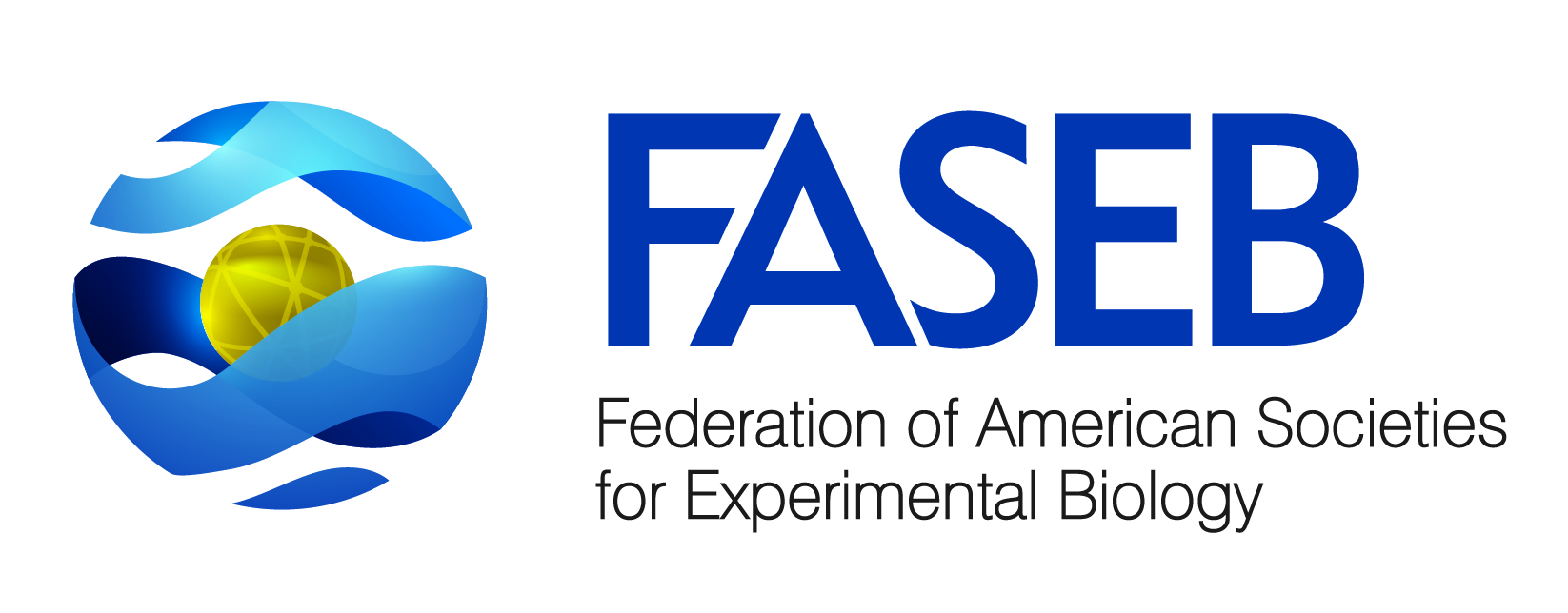EMBARGOED UNTILSunday, April 27, 2014 @ 9:00 AM PDT
Newswise — SAN DIEGO (April 27, 2014) – Each year, approximately 2 million traumatic brain injuries (TBIs) occur in the USA, according to the Centers for Disease Control and Prevention. That number includes troops wounded in Iraq and Afghanistan, for whom TBI is considered an invisible wound of war, one that has few successful treatments. “We have nothing beyond ibuprofen for most TBIs,” said Dr. Angus Scrimgeour, who has been investigating the effects of low zinc diets on cell stress following a blast injury. “The adult brain does not self-repair from this kind of trauma.”
Scrimgeour works for the US Army Research Institute of Environmental Medicine and recently looked at the effects of 5-weeks of low and adequate zinc diets on a specific protein in muscle cells called MMP. The study recreated blast injuries in 32 rats similar to what soldiers experience from IEDs, including loss of consciousness. An equal number of rats served as a control group. Results suggest that zinc supplementation reduces blast-induced cell stress. He will be presenting the results of his research at the American Society for Nutrition’s Scientific Sessions & Annual Meeting at EB on Sunday, April 27.
“We know that soldiers’ brain tissue cannot repair on low zinc diets,” said Scrimgeour. “And they are losing zinc through diarrhea and sweating.” The question moving forward is whether prevention through diet supplementation or post-blast treatment works best to repair behavioral deficits associated with mild TBI.
Scrimgeour added that further research is planned to investigate nutrient combinations for treating mild TBI, including omega-3, vitamin D, glutamine and/or zinc. Although the Army is conducting this research, the results can be applied outside of the military, according to Scrimgeour. “As the blast impact experienced by Soldiers are similar to those experienced during head injuries received in a car accident or during an NFL concussion, these findings could translate from the Soldier to the civilian population.” Scrimgeour cautioned, however, that what works in animals doesn’t always work in soldiers, which is why more research is needed.
Dr Angus Scrimgeour will present the findings during the Experimental Biology 2014 meeting on Sunday, April 27, from 9:00-10:00 a.m.
###About Experimental Biology 2014Experimental Biology is an annual meeting comprised of more than 14,000 scientists and exhibitors from six sponsoring societies and multiple guest societies. With a mission to share the newest scientific concepts and research findings shaping current and future clinical advances, the meeting offers an unparalleled opportunity for exchange among scientists from throughout the United States and the world who represent dozens of scientific areas, from laboratory to translational to clinical research. www.experimentalbiology.org
About the American Society for Nutrition (ASN)ASN is the preeminent professional organization for nutrition research scientists and clinicians around the world. Founded in 1928, the society brings together the top nutrition researchers, medical practitioners, policy makers and industry leaders to advance our knowledge and application of nutrition. ASN publishes three peer-reviewed journals and provides education and professional development opportunities to advance nutrition research, practice and education. www.nutrition.org ###
